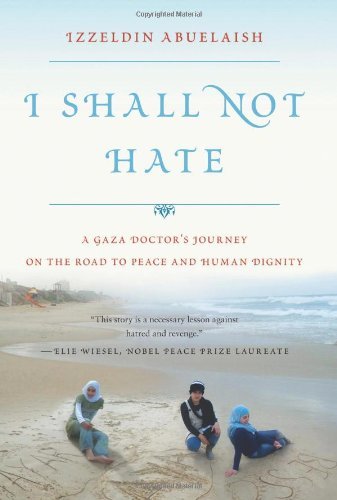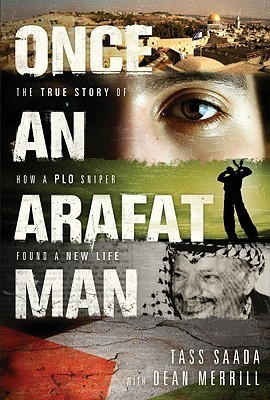
A Day in the Life of Abed Salama: Anatomy of a Jerusalem Tragedy
Book Description
Caught in the relentless heartbeat of Jerusalem, Abed Salama's life unfolds amidst the backdrop of a city divided. Tensions flare, loyalties are tested, and survival becomes a daily reckoning in a world fraught with chaos. As a father, husband, and son, his choices ignite a personal and political firestorm, weaving together stories of love, loss, and resilience. Each moment is a delicate balance between hope and despair, each decision a step deeper into the fray. Will Abed reclaim his narrative, or will the city's turmoil consume him? The stakes have never been higher in this gripping exploration of humanity's fragility.
Quick Book Summary
"A Day in the Life of Abed Salama: Anatomy of a Jerusalem Tragedy" by Nathan Thrall is a compelling nonfiction account that weaves the deeply personal story of Abed Salama, a Palestinian father, with the broader, complex realities of life in Jerusalem. Against a backdrop of political division, daily conflict, and profound systemic inequalities, the book centers on a single harrowing day when Abed’s son is caught in a tragic accident. Through meticulous reporting and intimate storytelling, Thrall unpacks not only the minute-by-minute events and decisions that shaped that day but also the decades of policies, prejudices, and borders that complicate every aspect of residents’ lives. The result is a moving meditation on fate, grief, and resilience, bringing humanity and nuance to a region often reduced to headlines.
Summary of Key Ideas
Table of Contents
Life Under Occupation and Divided Loyalties
Abed Salama’s daily existence is marked by the invisible and visible lines that traverse Jerusalem and its suburbs. As a Palestinian, he navigates a world of checkpoints, fragmented communities, and the constant vigilance required for survival. Thrall introduces Abed as both an everyman and a singular individual whose ordinary concerns—providing for his family, nurturing relationships—are shaped by extraordinary circumstances. These universal aspirations are repeatedly tested by the realities of occupation, partition, and restricted mobility.
Personal Tragedy Amid Systemic Barriers
The narrative's central tragedy—a devastating school bus accident—serves as a lens through which readers experience the labyrinth of barriers that define Palestinian life. As Abed desperately seeks information about his son’s fate, he encounters obstacles at every turn: delayed emergency responses, lack of access to neighboring Israeli facilities, and opaque bureaucratic processes. The tragedy is amplified not just by the accident itself but by the policies and infrastructures that hinder timely rescue efforts and family reunification.
The Bureaucracy of Separation
The book scrutinizes the systemic machinery that perpetuates division in Jerusalem. Thrall meticulously contextualizes individual suffering within broader administrative and political frameworks: the permit regime, the separation barrier, and discriminatory legal systems. The deeply personal becomes political, as Abed’s pain reflects the collective experience of a population enduring decades of contested sovereignty and legal ambiguity. The intricate bureaucracy reveals itself as both a cause and a symptom of ongoing injustice.
Hope, Grief, and Resilience
Despite the relentless challenges, stories of hope, solidarity, and resilience punctuate Abed’s day. Friends, neighbors, and strangers unite across divides to offer support and comfort. These moments, however, are fraught with the tension of impermanence—small victories against the grinding weight of systemic oppression. Thrall highlights how acts of kindness, persistence, and love become radical forms of resistance in an environment engineered for despair.
Jerusalem as Microcosm of Conflict
Ultimately, Jerusalem emerges as both a particular and universal landscape—a microcosm illustrating how individual destinies are shaped by larger historical forces. Abed Salama’s journey exposes the fragility of daily life under occupation and the moral paradoxes faced by those living in divided cities. The book compels readers to confront uncomfortable truths about power, loss, and the possibility of dignity amid tragedy, forging empathy for lives often rendered invisible by politics and conflict.
Download This Summary
Get a free PDF of this summary instantly — no email required.





